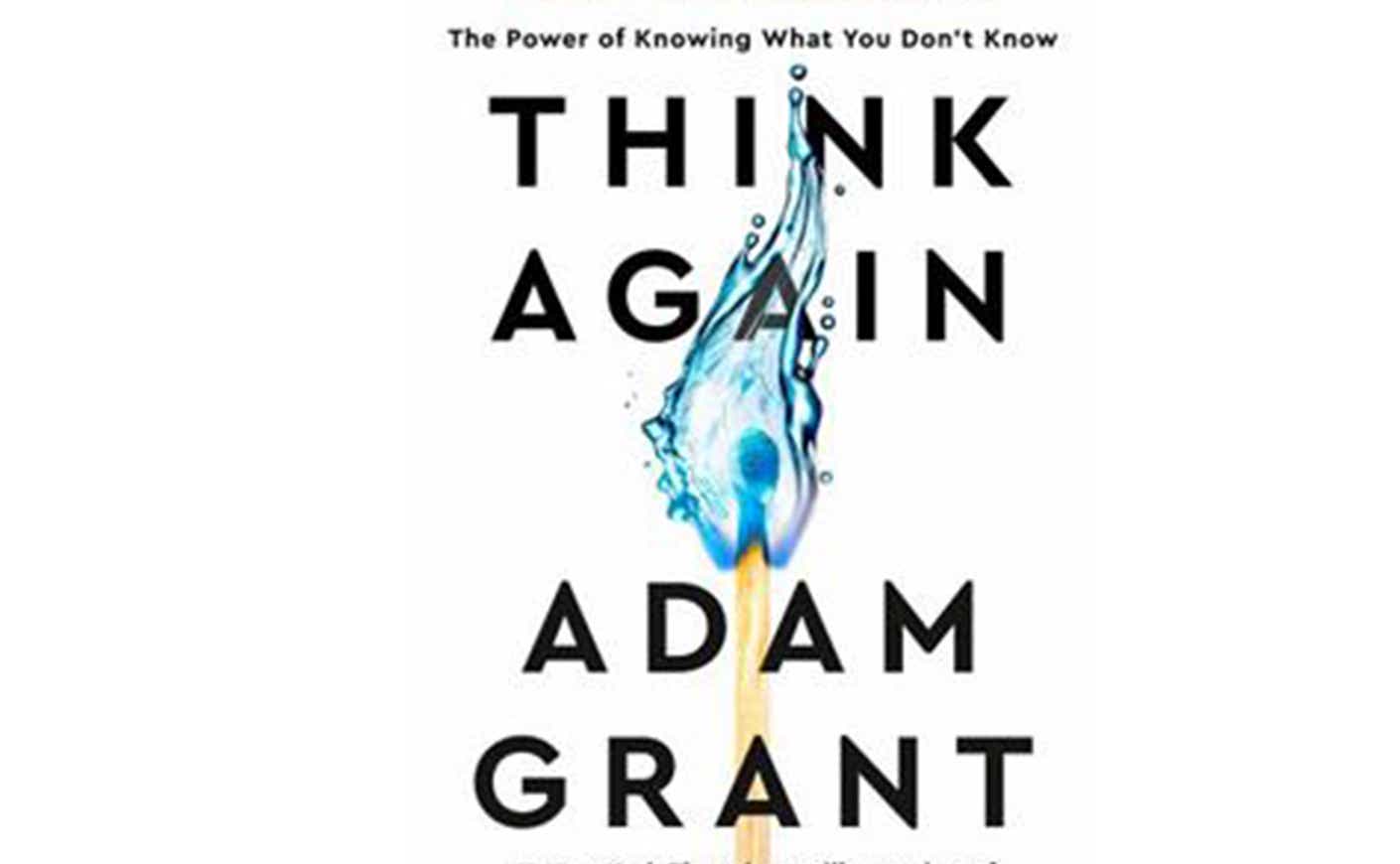Author Adam Grant on rethinking the way we approach new opinions
We live in one of the most politically divisive times in history. How did we get here? And how do we heal? On Wednesday, in a virtual conversation held by the Dallas Museum of Art, I turned to Adam Grant, a beloved TED speaker and organizational psychologist, who just wrote a new book, Think Again: The Power of Knowing What You Don’t Know, for some answers.
In Think Again, he offers a framework for questioning your opinions and having constructive conversations with people you disagree with. Below, we break down some of his insights about why we’re experiencing such political polarization, and some solutions you can implement in your own life to change the game on a micro-level — one conversation at a time.
“There’s a difference between beliefs and values. Beliefs are things that you think are true. Values are principles that you hold up as important.” While we see consistency as a sign of integrity, Adam says we often look for consistency in views, rather than in overarching values. In reality, people can change their beliefs in order to pursue their values.
“There’s a perception gap on both sides.” Both sides of the political spectrum amplify the most extreme views, leading them to overestimate how far apart they are in their ideologies.
“‘Agreeing to disagree’ disrespects how we’re able to have a civil conversation.” While Adam recognizes this doesn’t apply to every situation, he says “agreeing to disagree” can often lead us to shut down difficult conversations to avoid challenging our assumptions.
“When people feel they are losing control over their lives and futures, they will seize it in places where they do have some influence.” One of the underemphasized reasons we’ve become so divided stems from the sense of losing control, Adam explains. For example, conspiracy theorists try to regain control by getting to the bottom of a conspiracy.
“We spend way too much time thinking and speaking like preachers, prosecutors, and politicians.” Adam says people need to think more like scientists, which means realizing what they don’t know and treating their beliefs as hypotheses to be tested. A scientist aspires to humility and curiosity and goes into conversations with the mindset of discussing to learn, rather than arguing to win.
“You don’t have to believe everything you think, you don’t have to internalize everything you feel.” Adam encourages people to recognize that opinions are a “first draft,” and to refrain from making their opinions a part of their identity. That way, they can stay flexible, curious, and open to updating their views.
This interview was edited and condensed.
Products you buy through our links might earn us a commission.









